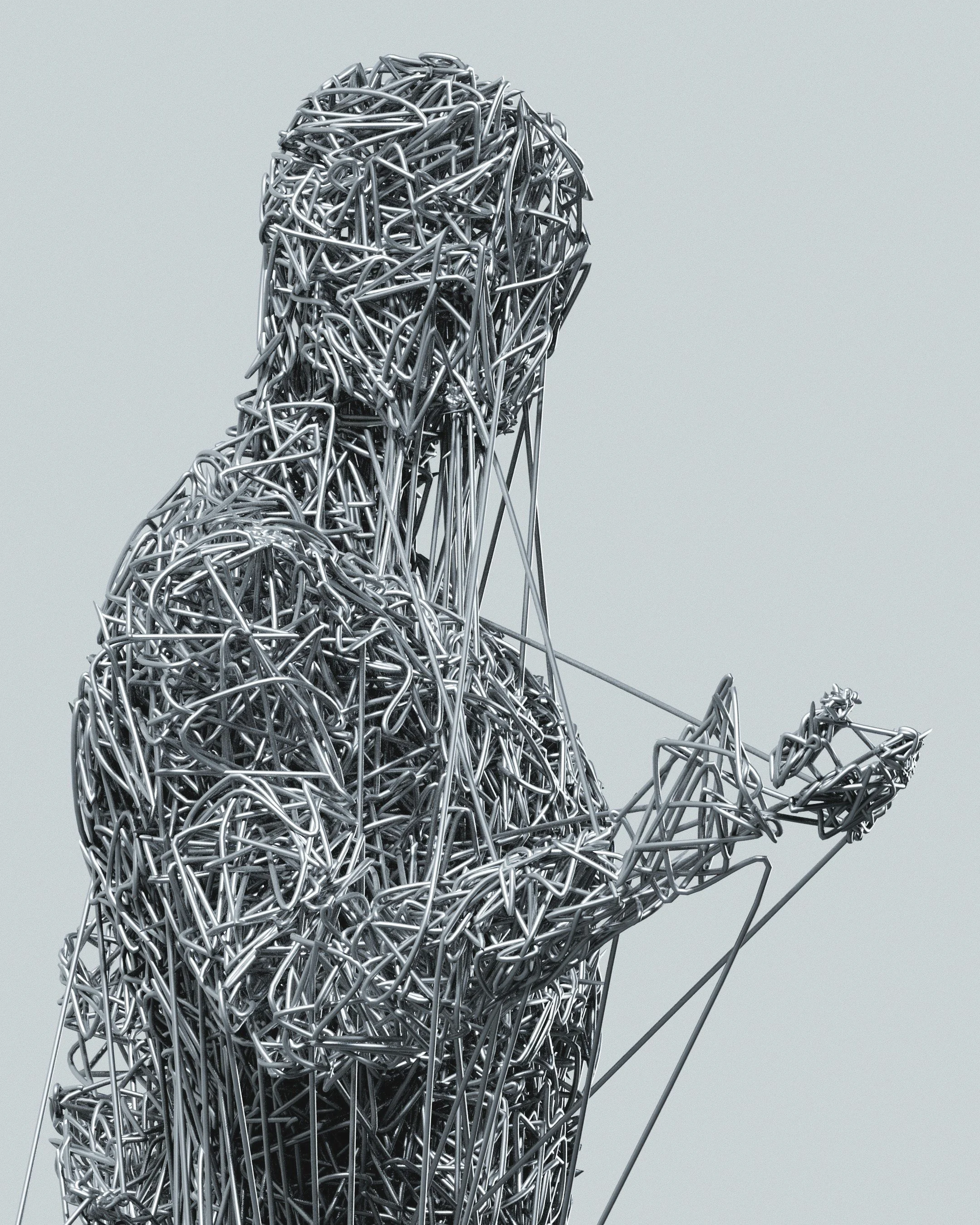Understanding Emotional Enmeshment with Parents
When our parents’ pain feels like our own and how to heal from this childhood emotional role.
Written by Emma Nagle, LCSW | April 27, 2025
Have you ever felt deeply unsettled—even heartbroken—watching your parents struggle with life? Maybe they seem lonely, disappointed, or just weighed down, and it leaves you feeling anxious, guilty, or even responsible.
This reaction often isn’t about what's happening now—it’s a window into what you learned in childhood.
When we feel overly responsible for a parent’s emotions, it can mean that, early on, we had to monitor their moods to feel safe or connected. If you learned that your parent’s happiness (or distress) affected the emotional climate of your home, your nervous system likely adapted to the narrative of “If they’re not okay, I’m not okay.”
You may have been emotionally attuned to them before you even knew what your own needs were. This dynamic is sometimes called emotional enmeshment or parentification—where the child becomes the caregiver, peacekeeper, or emotional anchor. Many children navigate their childhoods perceiving themselves as responsible for keeping the peace and carry a deep longing to make things right for their parents. This ultimately leads to a struggle with their own emotional development. They build narratives around the idea that if they can control how they behave, this will help keep the peace or emotional stability of the household. Examples of this include: Becoming the emotional confidante, taking on adult responsibilities, emotional suppression, or perfectionism. When there is perceived instability, these children may feel ultimately responsible and become overwhelmed with feelings of guilt and shame.
It’s not about blame—it’s about insight. You were doing what you had to do to feel connected. When there is inconsistent emotional safety, you might establish an emotional reflux to keep relationships intact. In other words, you learn to stay hyperaware to maintain connection, even at the cost of your own well-being. Enmeshment can lead to codependency, where you, the child, becomes overly reliant on your parent for emotional support, approval and validation. This can create difficulties in the development of your sense of self and independence. This in turn can lead to “people-pleasing” behaviors in adulthood with relationships outside of the family and a tendency to neglect your own emotional needs.
The healing work begins when you ask: Where did I learn to feel responsible for someone else's pain? What does it look like to care from compassion instead of guilt?
You can love your parents without carrying their suffering as your own. Compassion doesn’t require self-sacrifice. This isn’t abandonment—it’s boundary work rooted in self-trust and emotional freedom. In fact, separating their pain from your responsibility is an act of love—for them and for yourself. It’s the process of learning to honor your emotional limits while still showing up with care. From there, you can revisit the practice of being open and honest about your own feelings while sustaining any fears of being “too much.”
Letting go of guilt doesn’t mean letting go of love. It means choosing a healthier way to hold it - with more clarity, more space, and less harm to yourself or self-sacrifice.
